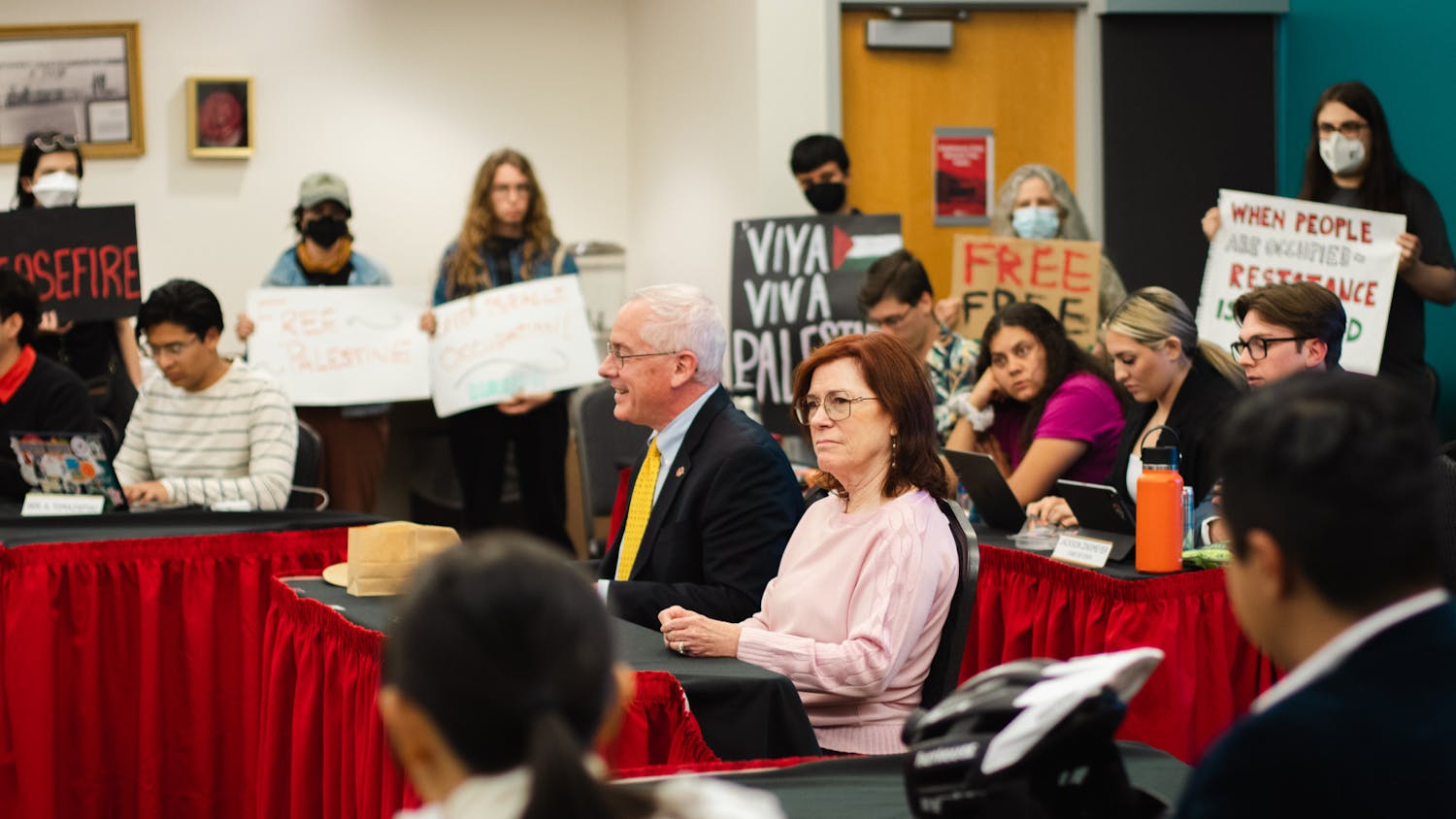“I don’t know if I want to go to the very end, with a death from cancer,” said Aja Riggs of Santa Fe, addressing a room full of decision makers at the Roundhouse as she recalled the day she considered ending her life.
Riggs’ testimony was in support of making assisted suicide legal in New Mexico.
“I thought that if it came to choosing a more peaceful death I would have to do it all by myself to keep from implicating anyone else,” she said.
House Bill 171 — otherwise known as the End of Life Options Act — is currently making the round in Santa Fe. If passed, the bill would legalize physician-assisted suicide in the state.
The bill would only apply to patients who are deemed terminally ill and mentally competent.
“It would allow options, should (terminally ill patients) choose to get a prescription to end their suffering and have a peaceful death,” said Democratic Rep. Deborah Armstrong, one of the bill’s sponsors.
The other is Democratic Rep. Bill McCamley.
“What this bill is asking for is to give everyone a choice,” McCamley said. “Folks that would be eligible for this program are going to die. They are basically eligible for hospice.”
Armstrong said most people who have requested this are already on hospice or receiving palliative care, adding “it’s not a one-or-the-other issue.”
When the bill was presented to the House Health and Human Services Committee, McCamley spoke about his personal relationship to the bill, when in 2010 his father was diagnosed with a degenerative nerve disease.
“The way the doctor described it to us, it was basically like ALS, only taking longer,” he said.
McCamley recounted the progression of his father’s illness, from the time he lost the ability to write to eventually losing the ability to speak.
Get content from The Daily Lobo delivered to your inbox
“It took about four years and it sucked, it really sucked,” he said. “All of us, my dad included, were fortunate in that the disease he had was not painful. It was degenerative and it progressed and it was hard on all of us, but he was never in pain.”
McCamley said he believes disallowing patients the ability to make their own choice about the end of their life is “disallowing them the ability to have the grace and dignity to choose how they want to pass.”
Chris Camarata, an assistant professor of family and community medicine at UNM, states the bill would legalize assisted suicide, not euthanasia.
“There’s many different terminologies,” he said. “Euthanasia is the physician actually administering the drug with the intent of causing the patient’s death. Physician assisted death, or physician assisted suicide, is the process of a physician who will supply a prescription to a patient at the patient’s request that has the intent of ending their life immediately.”
At UNM, Camarata is a consultant for palliative medicine.
“In the assisted death, the patient takes the medication themselves. It is not the physician who actually delivers the lethal dose,” Camarata said. “The important part is the intent; the intent is to cause the immediate death upon use of the medication.”
When the bill was presented to the House Health and Human Services Committee, more than 30 people showed up to give personal testaments in favor of the bill.
Riggs said she came to show her support for the bill in order to “end that sense of fear and isolation that I had, that others have, about one of the most important events in our lives.”
Riggs described how she felt when faced with the decision of whether or not to end her life.
“I was afraid to talk about it with anyone, my family, my friends, even my doctor,” she said. “That’s why I decided to speak out and support the option of aid in dying for terminally ill patients.”
Elizabeth Whitefield, a retired District Court judge, also gave a personal statement about her fight with not one, but five different types of cancer.
Whitefield said she has had breast cancer, lung cancer, leukemia, throat cancer and is currently fighting liver cancer, and has been through multiple chemotherapy rounds, as well as radiation and a stem cell transplant.
“I do know, like the doctor testified, I am going to suffer a painful death,” Whitefield said. “I am probably going to drown in my own fluids. I do not want to do this alone. I do not want to put my husband and my family through watching me drown and die.”
She ended her testimony with a heartbreaking plea to the committee.
“Cancer has stolen everything from me: my ability to work, my ability to eat, my ability to drink,” she said. “Don’t let me die without dignity. I implore you to give me the chance that is right for me.”
Celia Raney is a news reporter at the Daily Lobo. She can be contacted at news@dailylobo.com or on Twitter @Celia_Raney.





